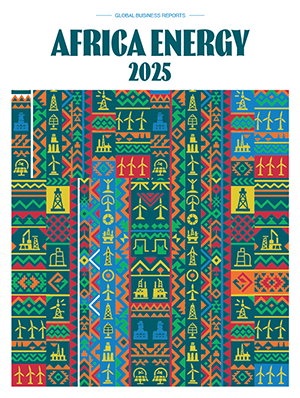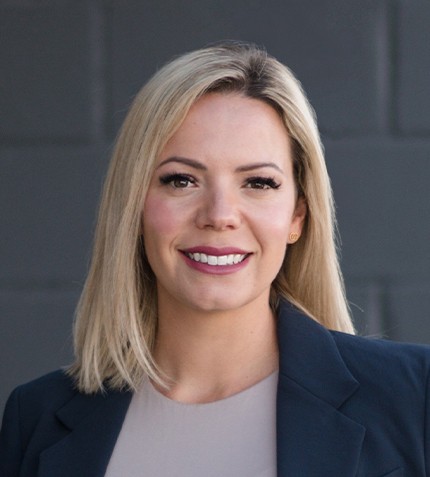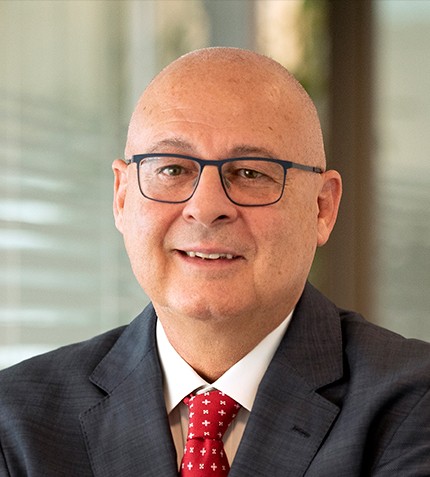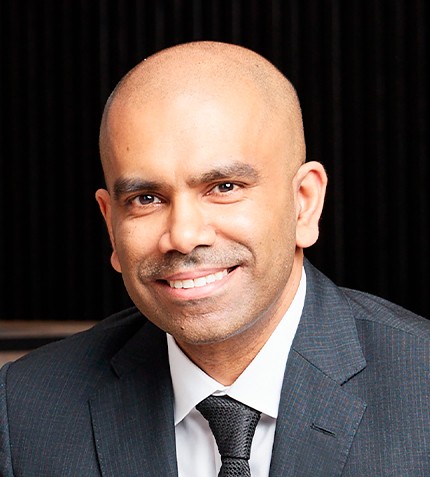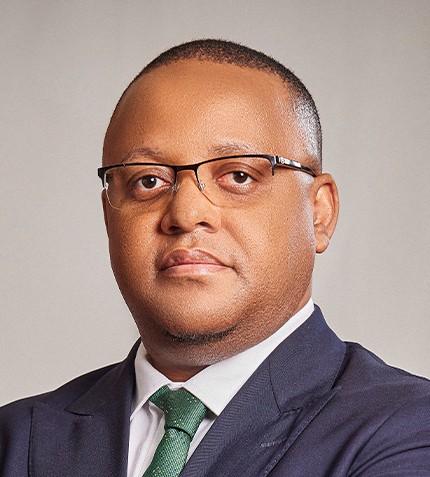
"The combination of increased refining capacity and a more open, liberalized market would create a significantly more favourable environment for growth and investment in the downstream sector."
RELATED PUBLICATION
ARTICLES FROM THIS PUBLICATION
Caetano Pinto
CFO, PUMANGOL
Could you start by introducing Pumangol?
Pumangol is a proudly 100% Angolan company, with a journey that began in 2005 through the establishment of Angobetumes, our first business focused on the sale of asphalt and its derivatives. Since then, we have grown into one of the country's most dynamic energy companies. Today, under our main brand, Pumangol Lda., we operate 83 service stations across Angola.
Our group is made up of four integrated businesses. Pumangol Lda. manages our retail network and represents the most visible face of our brand. Pumangol Industrial is responsible for B2B fuel sales, aviation services, and the management of seven fuel terminals across Angola. Pumangol Bunkering oversees offshore fuel supply to platforms and vessels. Meanwhile, Angobetumes continues its core focus on asphalt products.
One of our most strategic assets is the TCPL terminal in Luanda Bay, which stands as the second-largest fuel storage facility in Angola, with a simultaneous capacity of 300 million litres. Fuel is received offshore through a buoy system and distributed by sea and road to other terminals across the country.
In addition to fuel, we market two lubricant brands and have integrated convenience retail into our service station network.
What opportunities are you pursuing in the B2B and B2C segments?
We are evaluating future opportunities based on two key factors. The first is Angola’s current refining capacity, which remains limited. The Luanda refinery primarily produces Jet A1 fuel, which we distribute through our aviation business. However, ongoing developments—such as the Cabinda refinery currently under construction, and the proposed Lobito refinery—present promising prospects for increasing domestic fuel production. If these projects come to fruition, we are well positioned to support the distribution of locally refined products, thanks to our existing national storage and logistics infrastructure.
The second factor is the ongoing process of market liberalization. At present, fuel prices in Angola are set by the government, which limits our operational flexibility. However, the government has taken concrete steps toward liberalization by gradually phasing out fuel subsidies. The combination of increased refining capacity and a more open, liberalized market would create a significantly more favourable environment for growth and investment in the downstream sector.
In preparation for these shifts, we continue to expand our retail footprint by constructing two new service stations each year.
Can you tell us about Pumangol's CSR initiatives?
One of our most longstanding commitments is the full support of a school in Benguela, which offers both education and healthcare services to around 100 children from underprivileged communities. Beyond education, we place a strong emphasis on promoting road safety—an urgent public health concern in Angola. In partnership with local authorities, we support awareness campaigns aimed at improving traffic safety and reducing accidents across the country. Our operational sites are also deeply engaged with their surrounding communities, implementing annual CSR initiatives tailored to local needs. A particularly meaningful example is our work around the TCPL terminal, where we prioritise hiring local staff and providing them with practical training in areas such as fire prevention and hygiene practices.
What are Pumangol’s main objectives going forward?
Our primary ambition is to become the leading company in our sector and to internationalize our operations. A key part of this strategy involves expanding our lubricant brand into neighboring countries such as the Democratic Republic of Congo, Zambia and Namibia, as well as developing new service stations within the Namibian market. Over the next 25 years, our goal is to build on the world-class operational standards we have established in Angola and extend them across the region. Anyone who visits our service stations or our terminal in Luanda Bay can immediately recognize that our operational model adheres to the highest international benchmarks—comparable to what one would expect in Europe, North America, Dubai or Singapore. It is this level of quality and discipline that we plan to replicate as we grow regionally. By leveraging the expertise, infrastructure and human capital we continue to develop locally, we aim to position Angola as a strategic hub for expansion into Southern Africa.




